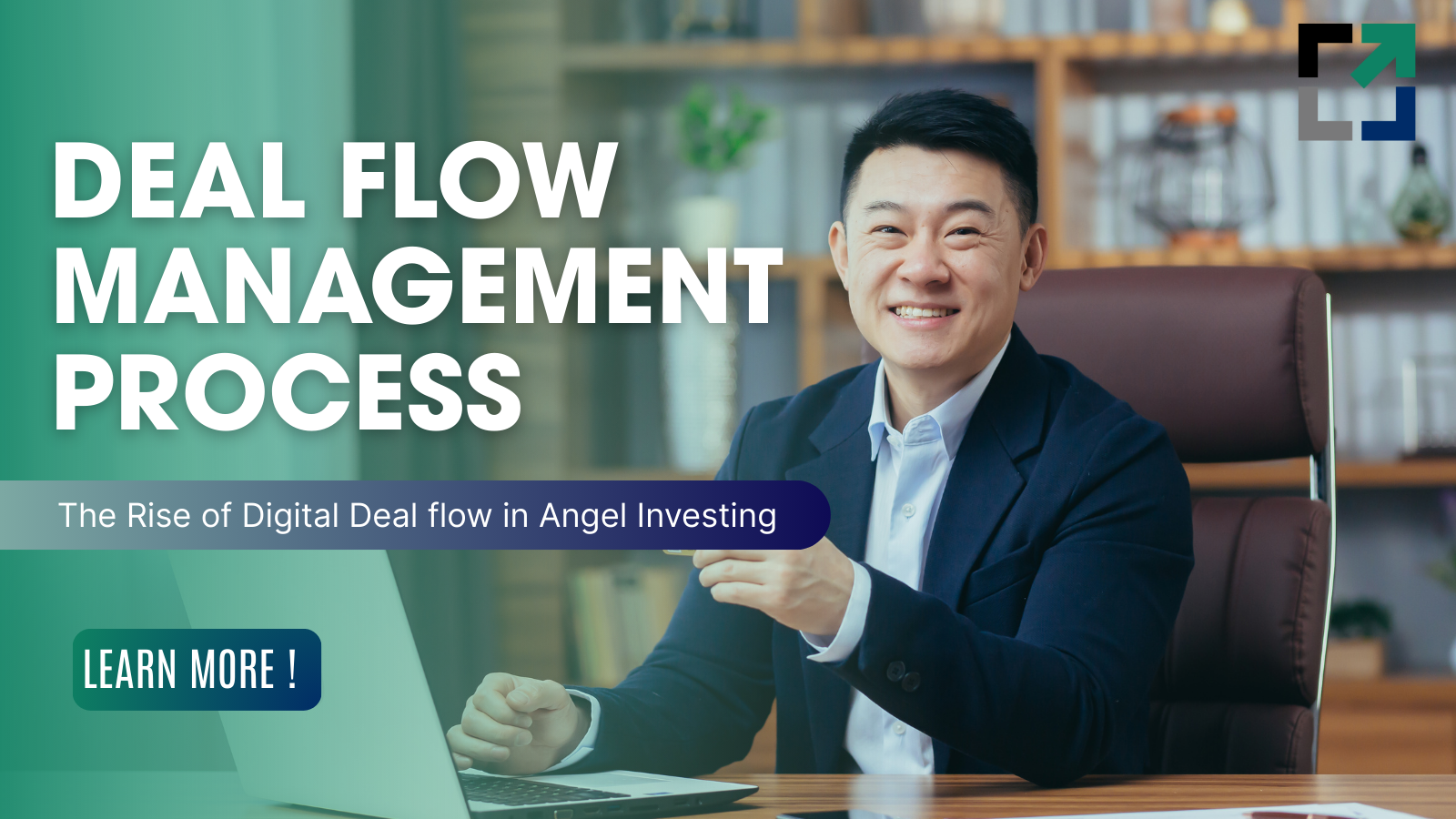Startup investing used to be a publicly closed-off world. Opportunities at the early stage were only available to venture capital firms, angel investors, and the super-rich. Only these privileged groups got access to private deals and the opportunity to invest in startups before they reached the public markets.
Due to the emergence of startup investing platforms, retail investors now find themselves in a previously insider-dominated space. Such platforms have been breaking down boundaries and providing ordinary people with the tools, access, and confidence to invest in cutting-edge early-stage businesses.
THE GROWTH OF STARTUP INVESTING PLATFORMS
Startup investing websites are online platforms where startups raise money and individual investors invest. Startup investing platforms have changed the investment process by opening this opportunity for anyone to invest using smaller sums of money at times as low as one hundred dollars. This provides the opportunity to invest in startups without needing to be a millionaire or institutional investor.
Platforms such as Seed Invest, Republic, we funder, and Start Engine are at the vanguard. They enable investors to sift through an extensive variety of startup options, including pitch decks, business models, team profiles, financials, and growth projections. Investors can now make informed decisions based on detailed information instead of speculation or hype.
This change has been encouraged by shifting regulations. In America, the JOBS Act of 2012 made equity crowdfunding legal, allowing non-accredited investors to invest in startups legally and safely. Such regulatory changes have contributed significantly to the broadening of access and increased transparency.
WHY RETAIL INVESTORS ARE JOINING THE MOVEMENT
Retail investors are approaching startup investment platforms for a variety of reasons. The most glaring is the possibility of high returns. An early investment in a startup that subsequently scales to global levels or gets acquired can result in enormous profits at times even higher than conventional public market investments.
There’s also the diversification appeal. Most retail investors employ these sites to diversify their holdings across various industries and types of businesses. Instead of investing all their money in one or two stocks, they can invest in a portfolio of startups in technology, health care, sustainability, and consumer products.
Aside from monetary rewards, there is an emotional connection. Investors can back startups they care about and firms that share their interests or values. There’s a layer of meaning and involvement not usually present in public market investing. Some platforms even provide benefits such as early access to products or special discounts to their investors, further cementing this relationship.
EDUCATION AND TRANSPARENCY DRIVE TRUST
One of the greatest benefits of startup investment platforms is education. Most platforms feature tutorials, FAQs, glossaries, and investor guides that are intended to educate new investors on the risks and return involved. Investor education decreases uncertainty and fosters trust.
Transparency is also essential. Startups need to share detailed information such that investors can observe their revenue, burn rate, competitive position, and others. In contrast with old-fashioned VC deals negotiated behind closed doors, anything and everything is transparent for investors to evaluate. This puts users in a position to decide on their own terms instead of trusting hype or speculation.
The community feature is also noteworthy. Most websites have forums, live founder webinars, and investor Q and A sessions. These features make one feel part of something and share knowledge, where investors learn from one another and remain engaged throughout the startup process.
UNDERSTANDING THE RISKS AND LIMITATIONS
Although the prospects are thrilling, startup investing is not risk-free. Startups are by their very nature risky. They will fail in large numbers, and even successful ventures may take years to pay out. Investors need to be prepared to lose their investment entirely.
Liquidity is also a concern. While publicly traded stocks can be easily sold, private startup shares cannot. Investors, therefore, need to be prepared to keep their investments for five years or more, sometimes with no particular exit strategy in place.
It’s also worth noting that not every startup listed on these boards is the same. Some will have solid teams and revolutionary ideas, but others will be weakly positioned and lack a viable business model. Due diligence is essential. Retail investors need to take the time to carefully examine each opportunity and not chase quick victories.
A NEW ERA FOR RETAIL INVESTORS
Startup investing sites are not only transforming the way individuals invest; they are transforming who gets to invest. By opening early stage investing to more people, making it transparent and educational, these sites are empowering individual investors to be part of the innovation economy.
This change is empowering a new generation of investors to hold their own financial futures, finance the companies they care about, and diversify their portfolios in a way that has never been an option.
CONCLUSION
The emergence of startup investing platforms is a turning point in the history of personal finance. What used to be a platform dominated by an elite few is now opening to millions of people all over the globe. Such platforms are not merely financial tools they are motors of economic inclusion, innovation, and empowerment.
As more retail investors enter this arena, the effects will be felt throughout industries. Startups will have a broader pool of backing and grass-roots support to tap into, and investors will have access to high-growth opportunities that were previously out of reach.

I’m the Co-Founder of Startup Steroid, where I help founders navigate the challenges of building a startup. From connecting with the right investors and talent to guiding marketing, legal, and MVP development, I work alongside entrepreneurs to provide practical support and clarity, helping them grow their ideas into successful, sustainable businesses.





